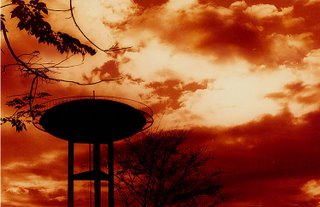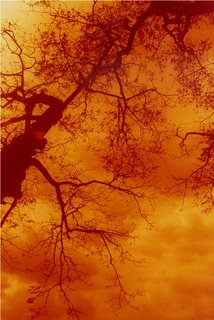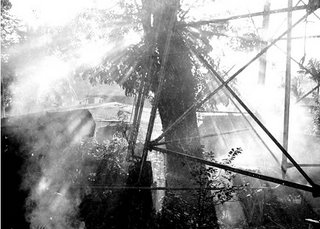
 The dictionary defines “silhouette” as an “image in which only the outline shape of a dark subject appears against a lighter background.” This word came from Etienne de Silhouette, the Minister of Finance in France way back in 1759. He cut out portraits of people from black paper and pasted them on light-colored backgrounds. Incidentally, the original Book of Lists listed “silhouette” as one of the ten most beautiful sounding words in the English language.
The dictionary defines “silhouette” as an “image in which only the outline shape of a dark subject appears against a lighter background.” This word came from Etienne de Silhouette, the Minister of Finance in France way back in 1759. He cut out portraits of people from black paper and pasted them on light-colored backgrounds. Incidentally, the original Book of Lists listed “silhouette” as one of the ten most beautiful sounding words in the English language.
Shooting against the light creates silhouettes
Remember our lesson on the quality and direction of light? Generally, you should shoot your subjects with the sun behind you. Shooting against the light (“contra luz”) creates high contrast that leads to burned out highlights and solid shadows.
If you do want, however, to create silhouettes, shooting against the light is exactly the thing to do. By taking your exposure reading from the brightly-lit background, objects in the foreground will be reduced to their outlines. Sometimes, however, to show the context of your image, you should have some details still visible in the foreground.
Backgrounds for silhouettes
Usually, the bright sky serves as the background for silhouette shots (as in the two pictures above). You can also use water backgrounds, shaded subjects against sunlit backgrounds, and atmospheric backgrounds like haze, fog, and smoke (as in the picture below).

Relevant articles:
How to Take Great Silhouette Photos With Your iPhone
How to Photograph Silhouettes in 8 Easy Steps - dPS
14 Tips for Shooting Stunning Silhouettes - Improve Photography
How to Photograph Silhouettes With a DSLR Camera - Lifewire
Tips for Shooting Killer Silhouette Photos - PetaPixel
How to capture a silhouetted sunset
Monday, October 01, 2007
Photojournalism (28): Silhouettes
Subscribe to:
Comments (Atom)





